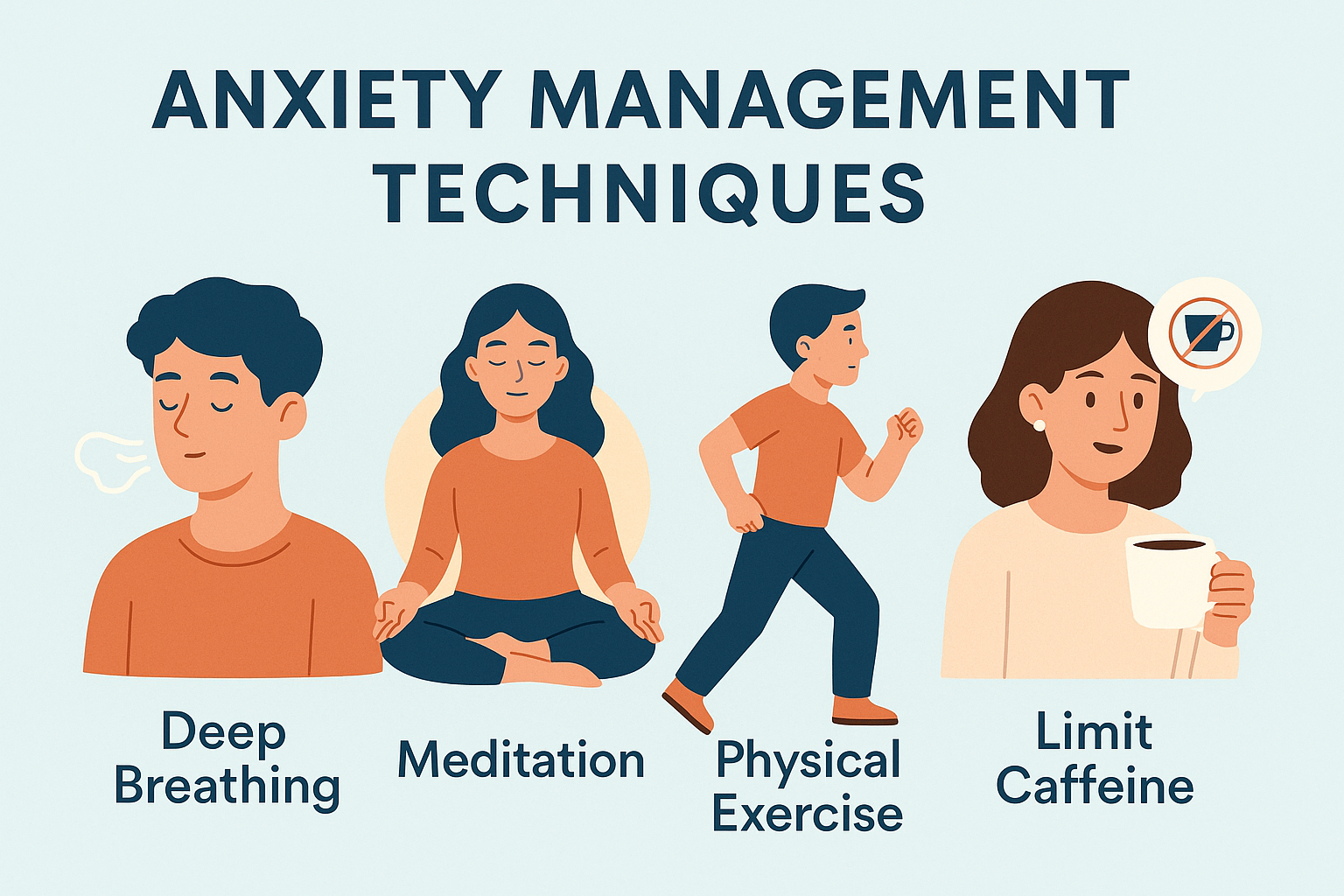
ADHD Assessment: The First Step to Understanding and Support
If you or your child exhibits ADHD symptoms, you may wonder if it's the right time to seek help from a therapist or specialist to address and manage this neurodevelopmental disorder.
However, diving directly into therapy without clearly understanding the underlying issues might not be the most effective approach.
A reputable therapist will often recommend starting with an ADHD assessment to identify the presence and extent of ADHD symptoms accurately.
We will explore the importance of an ADHD assessment as the crucial first step toward gaining clarity about the condition.
What is ADHD?
ADHD, which stands for Attention Deficit Hyperactivity Disorder, is a neurodevelopmental disorder commonly identified in children but can also continue into adulthood and, in some cases, may not be diagnosed until later in life.
Here are the key features of ADHD:
Inattention
Individuals with ADHD might have difficulty sustaining attention in tasks or play activities, often seem not to listen when spoken to directly, struggle with
following through on instructions, and have problems organizing tasks and activities.
Hyperactivity
This manifests as fidgeting with or tapping hands or feet, squirming in seats, leaving seats when remaining seated is expected, running about or climbing in inappropriate situations, and being unable to play or engage in leisure activities quietly.
Impulsivity
Impulsivity in individuals with ADHD can include blurting out answers before questions have been completed, having difficulty waiting their turn, and interrupting or intruding on others' conversations, games, or activities.
It's important to note that ADHD symptoms can lead to various challenges, including difficulties in academic performance, social interaction, and maintaining employment.
Why are ADHD Assessments Important?
ADHD assessments lay the groundwork for understanding and managing ADHD effectively.
Here’s why they’re crucial:
Pinpointing the Issue
Think of an ADHD assessment as a detailed map that helps to pinpoint exactly where the challenges are. It’s not just about slapping on an ADHD label; it’s about getting a clear picture of what’s happening.
This is crucial because ADHD can look a lot like other issues, such as stress, anxiety, or learning difficulties. The assessment ensures you’re addressing the right problem.
ADHD Support Strategies
An ADHD assessment helps to determine your specific scenario. Personalized ADHD Treatment Plans include any strategies, therapies, or treatments that will be picked just for you or your child, making them more effective.
Getting the Right Help at School or Work
For kids and teens, an ADHD assessment can lead to getting special accommodations at school, making learning a lot smoother. This could mean extra time on tests or breaks when needed.
For adults, it can provide a foundation for understanding and adjustments in the workplace, helping to play to your strengths and manage any challenges.
Support Beyond Treatment
An assessment that leads to an understanding of ADHD can bring significant relief. It offers a much-needed explanation for the challenges faced by you or your child.
Having clarity can reduce tensions at home and enhance support from family, friends, and support groups, ultimately fostering a robust support network.
Get Accurate ADHD Assessment for Children and Adults in Dallas, TX
At Beckloff Behavioral Health Center, we conduct ADHD assessments that meet ADHD Diagnostic Criteria.
Our ADHD assessments provide the answers you or your child need to embark on a journey toward not just managing ADHD but thriving with it.
Contact us today.



